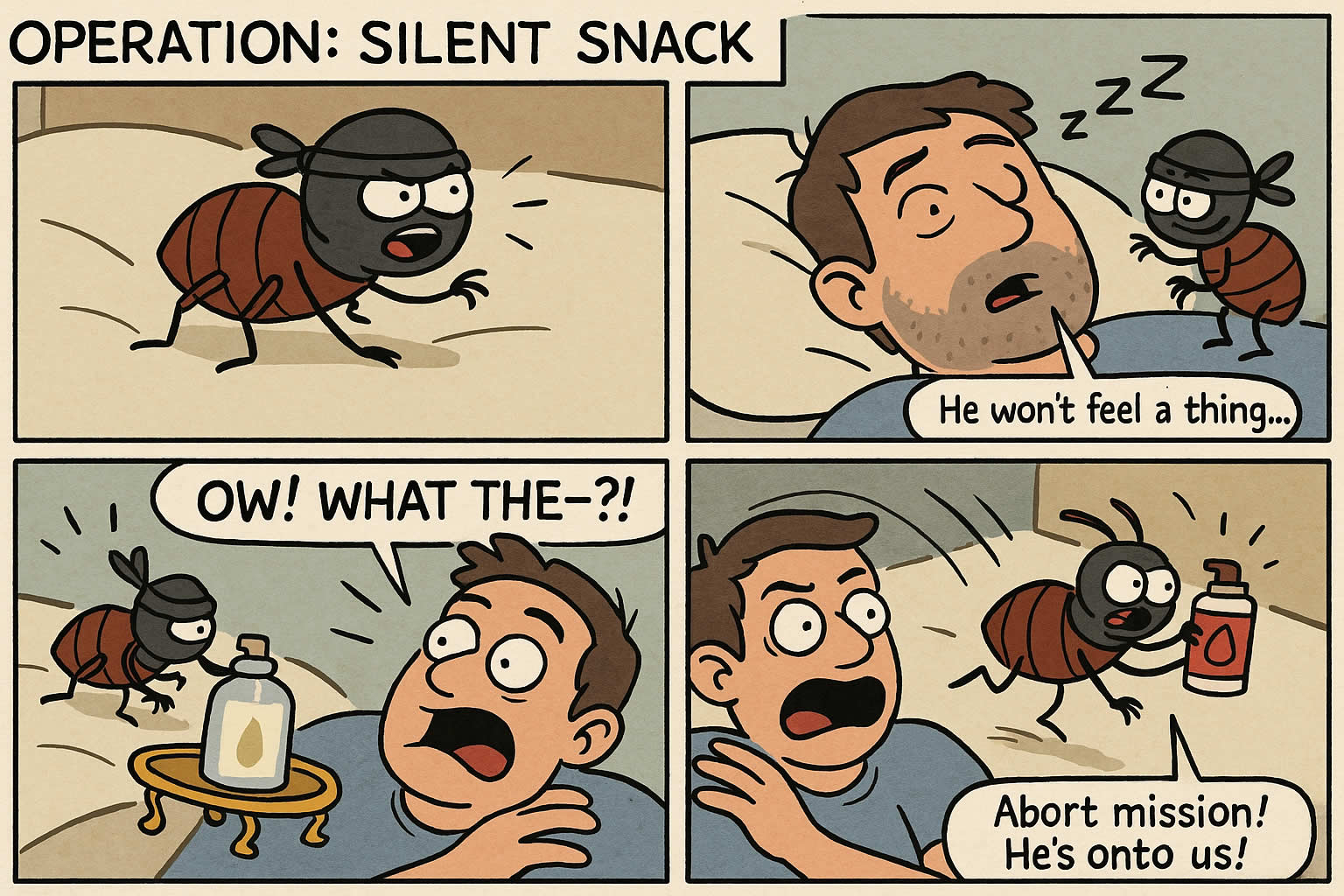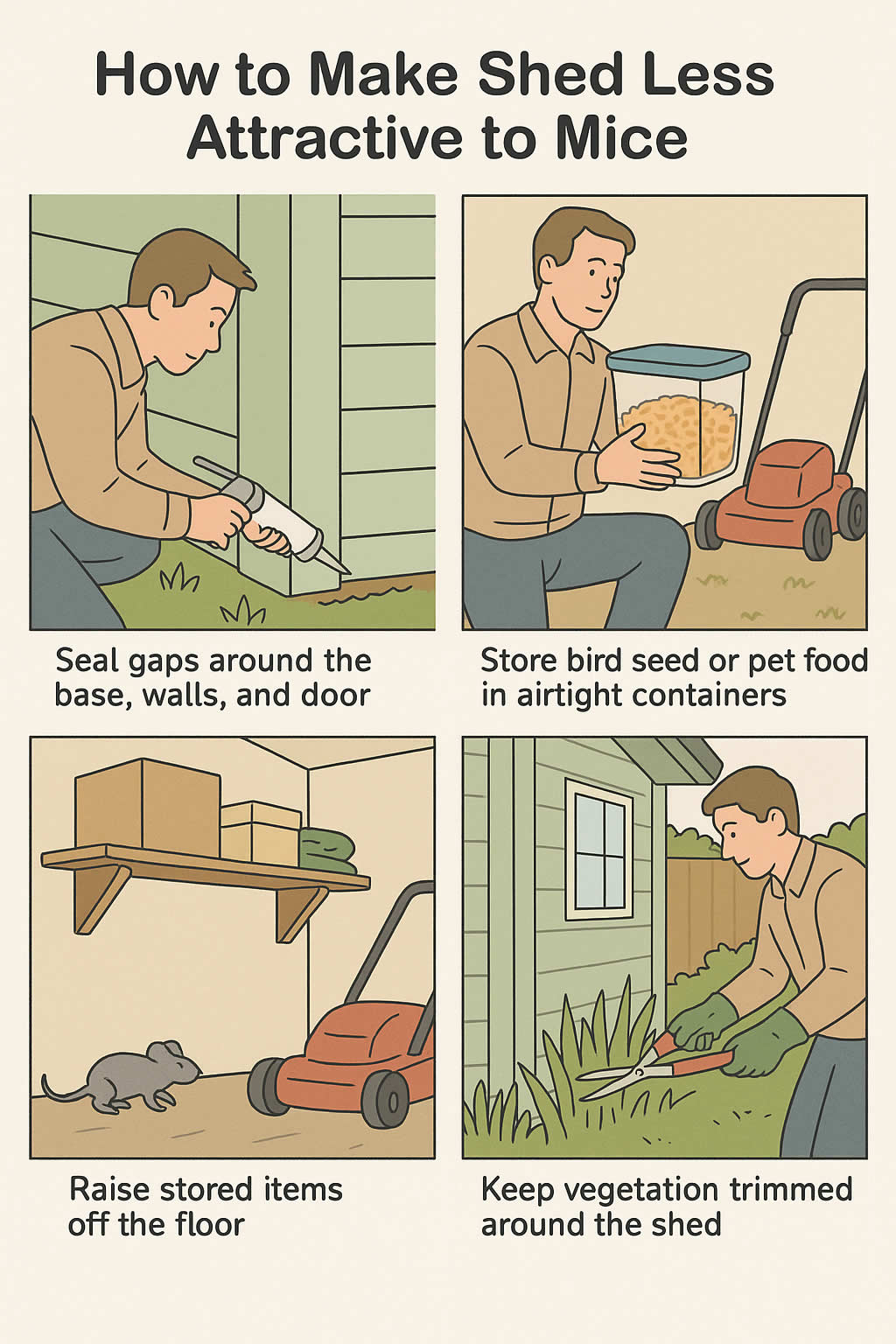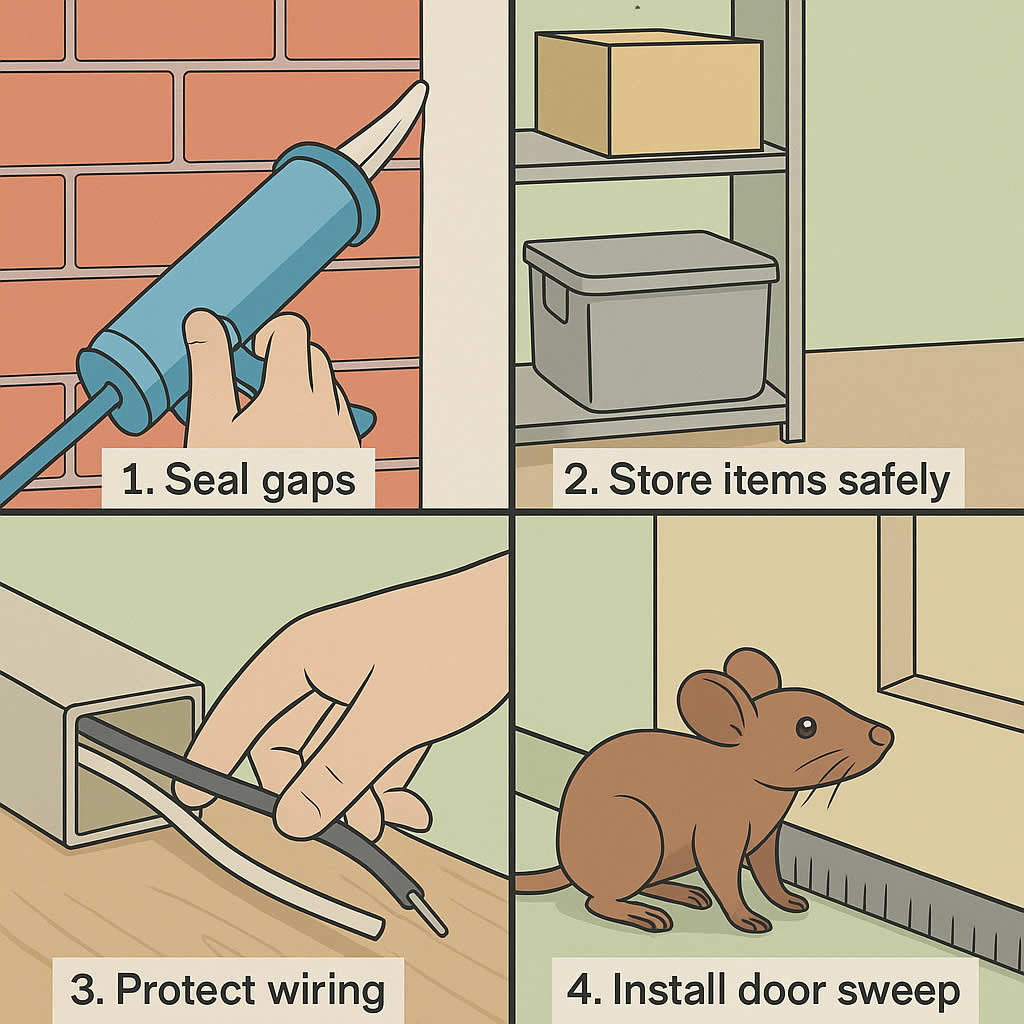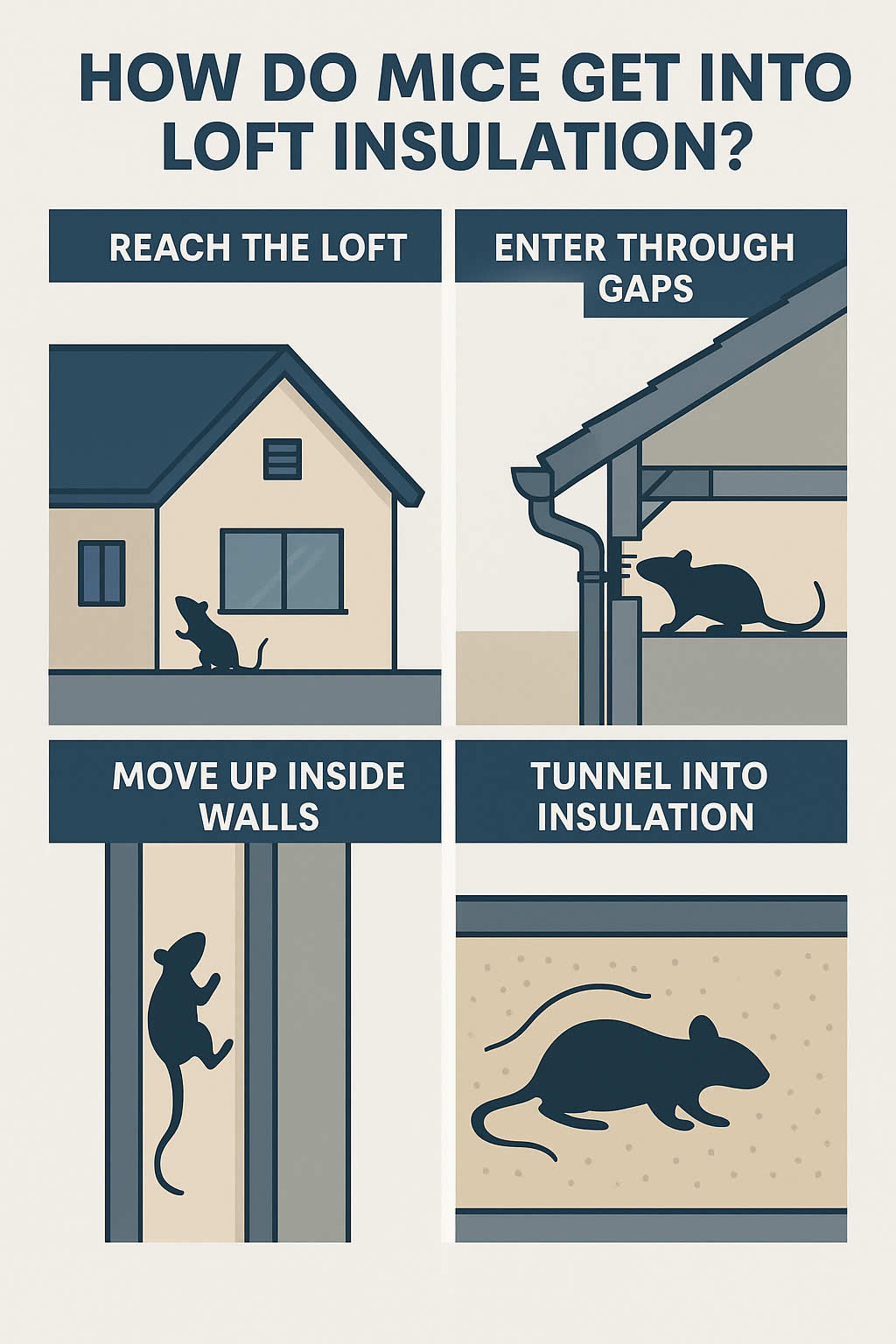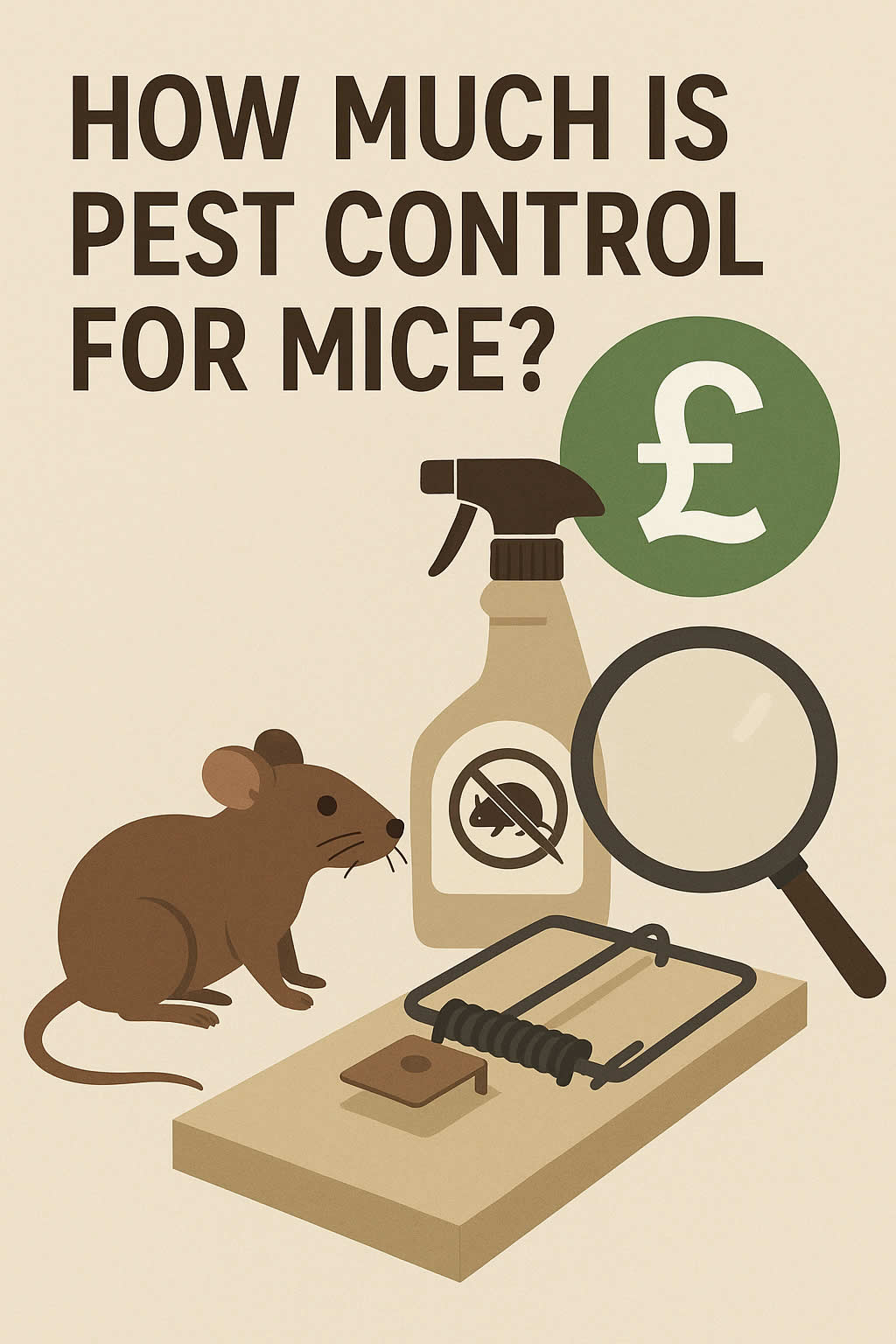Related Queries
ToggleAbout 20% of people have experienced bed bug bites or know someone who has dealt with these nighttime pests. The surprising fact remains that all but one of these people develop any reaction to bed bug bites.
These small insects feed on human blood while we sleep. They are incredibly sneaky. Bed bugs release an anaesthetic that numbs the skin at the time they bite. This makes it almost impossible to notice them feeding. These resilient creatures can live up to 24 months and need to feed every three to seven days. Most people don’t notice their presence until visible signs appear.
Let’s look at whether you can feel bed bug bites and what signs you should watch for. The duration of these bites is also worth noting. Knowledge about bed bug bites is a vital part of protection since they can cause different reactions. These range from mild itching to serious skin problems and can affect your sleep quality and mental well-being.
The Science Behind Bed Bug Bites
Bed bugs have mastered their feeding technique through thousands of years of development. These tiny insects know exactly how to feed on humans without getting caught. They launch perfect stealth attacks while we sleep.
How bed bugs feed on humans
Bed bugs use a specialised mouth part called a proboscis—basically a straw-like feeding tube—to pierce human skin and suck blood. These pests can feed for 3 to 10 minutes and drink up to six times their weight in blood.
Unlike mosquitoes that quickly buzz around and bite, bed bugs take their time with their meal. They look for exposed skin, mostly targeting the face, neck, and arms. The bug finds a good spot, unfolds its proboscis from under its body, and pushes it into the skin.
These insects don’t just bite randomly. They create distinct patterns, usually leaving two or three bites in a row. This happens because something often disturbs them while they feed, making them move a bit before starting again. Medical professionals call this pattern the “breakfast, lunch, and dinner” sign.
The anaesthetic effect in bed bug saliva
Bed bugs feed without detection thanks to their saliva, which contains a complex mix of compounds:
- Anaesthetic compounds that numb the bite area
- Anticoagulants (including factor-X inhibitor) that prevent blood from clotting
- Vasodilatory substances (such as nitric oxide) that expand blood vessels
- Proteolytic enzymes (like apyrase) that break down proteins and help with feeding
This mixture serves several purposes. The anaesthetic keeps you sleeping while the anticoagulant keeps your blood flowing. So the bed bug can feed without waking you up.
Scientists have found specific proteins in bed bug saliva that cause allergic reactions in many people. These reactions usually show up hours after the bite, once the numbing effect wears off.
Why most people don’t feel the original bite
Bed bugs usually feed at night while people sleep. Their bites go unnoticed because of the anaesthetic they inject. Just like when a nurse uses numbing cream before taking blood, bed bugs have their own natural numbing system.
Research shows 30 to 60% of people never react to bed bug bites. This makes finding an infestation tough because many people might have bed bugs without knowing it.
People who do react might not see symptoms right away. Bite marks can take anywhere from a few hours to 14 days to show up. Your body needs time to process the foreign proteins from the bite and create an immune response.
Your sensitivity to bed bug bites often increases with more exposure. You might not show any symptoms at first but develop worse reactions as your immune system gets used to the bugs’ saliva.
The numbing effect and delayed reactions explain why many infestations stay hidden for weeks or months. This is a big deal as it means that the bed bug population has time to grow.
When You Might Feel Bed Bug Bites
Bed bugs leave itchy welts, yet many people don’t notice these insects feeding on them. People react differently to bed bug bites. Some show no signs at all, while others need medical help due to severe allergic reactions.
Immediate sensations in sensitive individuals
Most people can’t feel bed bug bites during feeding. These insects use sophisticated saliva that contains both anaesthetic and anticoagulant compounds. The chemicals numb the bite area and keep blood from clotting, so bed bugs can feed without interruption.
About 30-60% of people never react to bed bug bites. These insects might feed multiple times without leaving any signs, which makes finding infestations tough.
Some people are highly sensitive and react right away to bed bug bites. Those bitten multiple times often become more sensitive with each bite. Their bodies react faster to proteins in bed bug saliva, and itchy welts can appear within seconds of a bite.
Delayed reactions: when symptoms begin to appear
Bed bug bite symptoms usually show up hours or days after feeding. The body starts fighting the foreign proteins from the bite once the bug’s anaesthetic wears off.
Visible reactions follow different timelines:
- Symptoms can develop within hours
- Signs often appear 2-3 days after bites
- Reactions might take up to 11 days
- Some reactions appear after 14 days
This delay creates confusion about the timing and location of bites. People often blame mosquitoes, fleas, or other insects, making it harder to spot bed bug problems.
The progression of bed bug bite symptoms
Symptoms follow a typical pattern. Small red bumps show up first at bite sites. These bumps can grow into welts up to 5 cm wide. You’ll often see bites lined up or clustered, which people call the “breakfast, lunch, and dinner” pattern.
Common symptoms include:
- Raised red bumps with darker centres
- Intense itching that gets worse over days
- Burning or pain around bite areas
- Blisters filled with fluid in some cases
- Red, inflamed skin around bites
Scratching these bites can cause bacterial infections, which take longer to heal and might leave scars. Some people need medical help due to severe reactions.
Rare cases show serious body-wide reactions. These include widespread hives, breathing problems, fever, irregular heartbeat, or anaphylaxis. These severe cases need emergency care right away.
Most bed bug bites heal without treatment in one to two weeks. The mental effects often last longer than physical symptoms. Many people feel anxious, can’t sleep well, and worry about bugs coming back.
Factors Affecting Bite Sensitivity
People react very differently to bed bug bites. Some show no signs at all, while others need urgent medical care due to severe allergic reactions. This explains why you might see alarming symptoms on one family member while others in the same house remain completely unaffected.
Individual immune responses
Our bodies fight bed bug bites through complex immune system reactions. The main response comes from IgE antibodies that target specific proteins in bed bug saliva. These proteins, like nitrophorin and factor X, enter our body when bed bugs feed.
Research shows that 75% to 96% of adults react to bed bug bites in some way. The reactions can range from:
- Slight redness with mild irritation
- Intense itching and swelling
- Painful blisters or wheals that can grow 2-6 cm wide
- Rare but serious whole-body reactions
The sort of thing I love is that people who react strongly to mosquito bites usually show more noticeable reactions to bed bugs too. This suggests they might just be more prone to allergic reactions rather than being allergic to similar proteins in both insects.
Previous exposure to bed bug bites
Most people don’t react much to their first bed bug encounter. Yes, it is common for newcomers to show no skin symptoms after the first bites, which lets infestations go unnoticed. That’s why new bed bug problems often stay hidden until bugs have fed multiple times.
The body becomes more sensitive with each bite. A fascinating study showed that first bites might take 6-11 days to show symptoms. Later bites caused reactions much faster – first taking 2-3 days, then just hours, and finally showing up in seconds.
This increasing sensitivity explains why symptoms get worse over time. Each new bite brings faster and stronger reactions.
Skin thickness and bite location
Bed bugs can bite anywhere, but they love exposed areas during sleep like your face, neck, arms, shoulders, and legs. The skin’s thickness where they bite affects both how the bugs feed and how your body reacts.
Skin thickness varies across your body, with the back having thicker skin than the front. Bites on thinner skin areas then cause more obvious reactions, while thicker skin might show fewer symptoms.
Your age and gender play a role too. More women react to bites than men, and people over 65 react less than those between 11-65 (42% vs 26% show no reaction). Older adults might react less because their immune system naturally weakens with age.
There’s another reason to take bed bug bites seriously – they can trigger severe reactions in highly allergic people. These might include fever, widespread hives, joint pain, and in rare cases, anaphylaxis. These severe cases need immediate medical help.
The Psychological Experience of Bed Bug Bites
Bed bug infestations cause more than just physical welts and itching. These tiny pests leave lasting psychological scars that remain long after their elimination. Medical professionals now recognise these mental health effects as crucial health concerns.
Anxiety and sleep disturbances
Studies show a strong link between bed bug infestations and mental health problems. Research indicates that people with bed bug exposure are nearly five times more likely to show anxiety symptoms (OR 4.8) and sleep issues (OR 5.0) compared to those without exposure. These psychological effects often grow worse as the infestation continues.
The bedroom should be a peaceful sanctuary for rest. However, knowing that bed bugs come out at night turns it into a place of fear. This fear often shows up as:
- Inability to sleep and disrupted sleep patterns
- Constant checking for bugs
- Avoiding social contact due to shame or fear of spreading bugs
- Constant worry about bugs returning after treatment
Bed bug-related stress can trigger serious conditions in extreme cases. A study of online forums revealed that 81% of posts about bed bug experiences described symptoms linked to post-traumatic stress disorder. These included intrusive memories, extreme watchfulness, and avoidance behaviours. Some people reported having suicidal thoughts due to ongoing infestations.
The ‘phantom bite’ phenomenon
The “phantom bite” phenomenon stands out as particularly interesting. People continue to feel crawling or biting sensations even after pest control experts confirm complete elimination of the bugs.
“I am still frequently itching, though only mildly now. There is no visible trigger for the itches,” one former sufferer shared. They hypothesised that “my body just got used to itching constantly for the best part of a year, and is still reacting therefore”.
Doctors hypothesise this happens because the body’s stress response can trigger histamine release. This creates sensations that feel like actual bed bug bites. These feelings might last for weeks or months after successful treatment.
This condition is different from delusional parasitosis, where people wrongly believe they have parasites despite evidence showing otherwise. Phantom bite sensations usually fade as anxiety decreases. In stark comparison to this, delusional parasitosis needs specific psychological treatment.
How Long Do Bed Bug Bites Last?
Bed bug bites heal in a predictable way for most people. Each person’s experience can vary based on several important factors.
Typical duration of symptoms
Bed bug bites usually go away within one to two weeks without treatment. Your body starts healing right after the immune response peaks. The most intense itching happens in the first few days after getting bitten.
People heal at different rates. Some might feel just mild irritation that goes away fast, while others could have symptoms that stick around longer. The Cleveland Clinic says bites “usually heal within a week but could last longer depending on how your body reacts to the bite”.
Factors that extend healing time
These factors can substantially slow down the healing process:
- Individual sensitivity: People with stronger immune responses often get worse symptoms that take more time to heal.
- Scratching and secondary infection: Too much scratching can turn simple bites into infected wounds. These might need antibiotics and take longer to heal.
- Continued exposure: The bites won’t seem to heal if you don’t deal with the actual bug problem first.
- Skin type: Sensitive skin often leads to stronger reactions and slower healing.
When to worry about prolonged reactions
Most bed bug bites heal without issues. You should see a doctor if you notice:
- Bites staying painful, swollen or really itchy after using over-the-counter treatments
- Signs of infection like tenderness, warmth, or discharge where you got bit
- Multiple hives, trouble breathing, wheezing, or swelling in your throat or mouth
- Fever, chills, dizziness or confusion after getting bitten
- Redness or swelling that spreads around the bite
People with severe allergic reactions might need prescription treatments. Some people need “an injection of an antihistamine, corticosteroid, or epinephrine (adrenaline) for a severe allergic reaction”, according to certain sources.
Serious problems from bed bug bites rarely happen. Most symptoms fade away without medical help if you take care and avoid scratching.
Our Final Say!
Bed bug bites create unique detection challenges because these insects skillfully hide their feeding habits. Most people never feel the original bite. Reactions vary from mild irritation to severe allergic responses, which makes quick detection vital to treat the condition effectively.
The physical symptoms usually clear up within two weeks. The psychological effects tend to last much longer. People often experience anxiety, disturbed sleep patterns, and phantom sensations of being bitten even after successful treatment. These lasting effects show why quick action matters in suspected bed bug cases.
Bites that show infection signs or cause severe allergic reactions need immediate medical care. Simple care and patience work well in most cases. Bite sensitivity increases over time, so mild reactions now don’t guarantee the same gentle response later.
People’s varied responses explain why family members react differently to the same bed bug problem. This knowledge helps create appropriate responses that address both the physical symptoms and mental health concerns.

